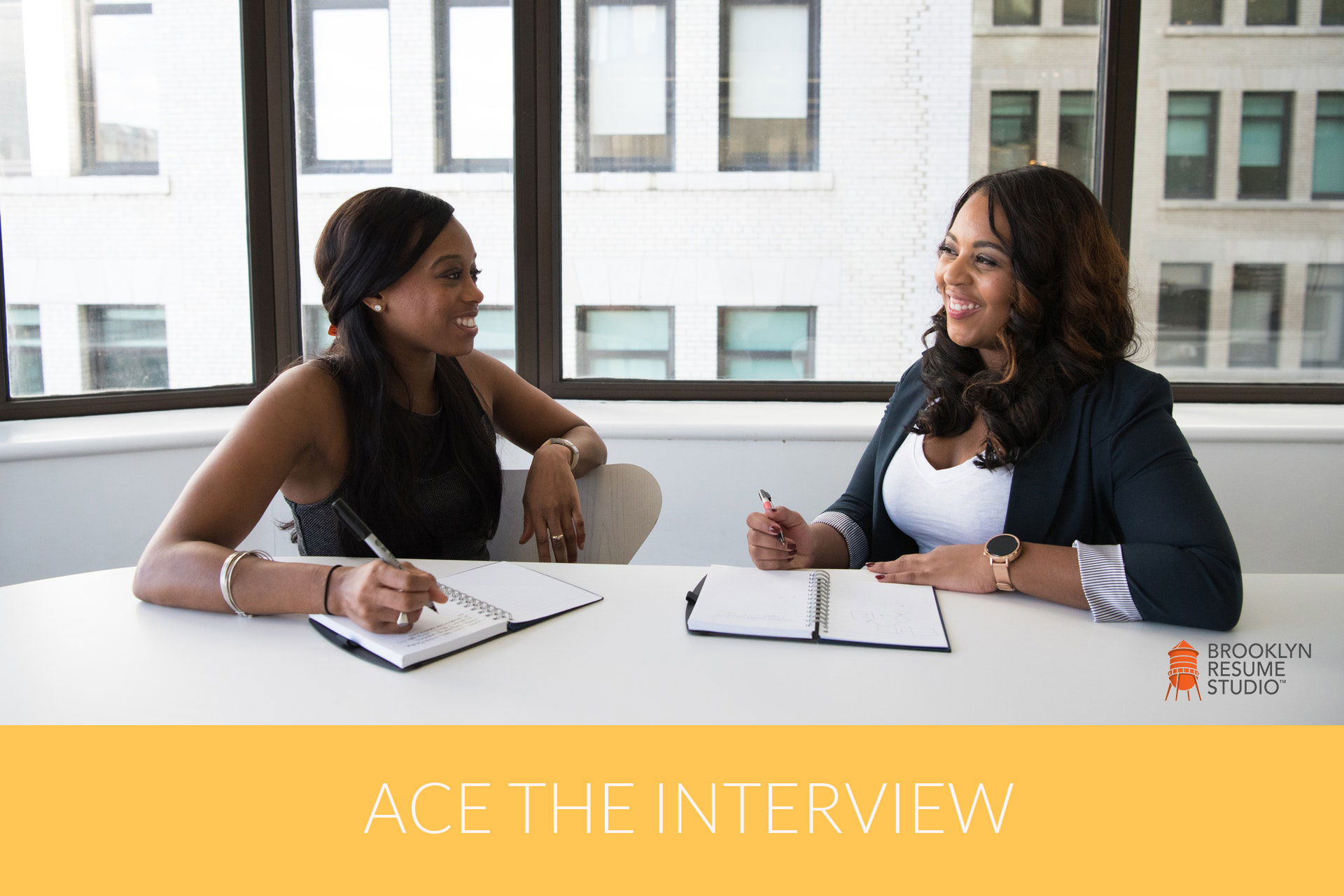
A solid resume is the foundation of a successful job search, but your ability to impress a potential employer during the interview will determine whether or not you move onto the next phase, or receive a job offer. Much like writing a resume, interviewing is challenging for many of us, as we’re not used to talking about ourselves and our strengths in this way.
The biggest hurdle for most candidates is clearly articulating not only what they do on a daily basis, but also the value it brings to an organization. Candidates have often said that speaking to their accomplishments on the resume or interview feels boastful, or as if they’re bragging, and the fear of making a negative impression squelches their confidence and causes them to hold back on key information.
The truth is: The interview is not the time to be modest. It is the time to market and sell your experience.
That is the key to a successful interview – clearly articulating what you do, why it brings value to an organization, and how you can translate that into similar results within a new role or employer. And whether it’s a lack of confidence, practice, or you’ve been out of the job search game for some time, there are a few easy tips you can employ to improve your interview performance so it’s top-notch.
Practice Answering Key Interview Questions
Practice makes perfect, and the more your do so, the more comfortable you will feel discussing your work and accomplishments in a one-on-one setting. The key is to focus on clarity, and getting your point across in a clear and concise manner. Preparing your pitch and your responses in advance not only prepares you to speak confidently, but knowing how you want to frame your answers will help you speak more slowly, clearly, and ensure you’re not flustered in trying to get your point across.
Do a quick Google search and you’ll find a wealth of information on common interview questions. Practice answering these with a friend until you feel comfortable telling your story:
- Why are you looking to leave your current employer (or why did you leave)?
- Why do you feel you’re a good fit for this role?
- What are your strengths or weaknesses?
- Tell me about a time you stepped up / overcame a challenge?
- Where do you see yourself in 5/10 years professionally?
- Why are you looking to change careers?
- How have you helped create a better product/company/workplace?
- Do you prefer to work independently or as part of a team?
- Are you looking to work remotely or in an office?
- What would your colleagues or supervisor say about you?
- What is unique about your background versus other candidates?
- Why should we hire you?
Treat the Interview Like a Conversation
A great interview should function like a two-way conversation. There is a back and forth dialogue between interviewer and interviewee, versus strictly being reactive and responding to questions.
Use this to your advantage by asking questions that will provide you with deeper insight into the company’s values, culture, and challenges. Ask the interviewer to speak about their own career path and experience with the organization, if they’ve hired candidates from the same college or university that you attended, or what makes someone successful in the company or environment.
Ask the Right Questions to Gauge Culture Fit
Candidates often make the mistake of approaching the interview as a one-sided conversation in which the employer is evaluating their potential and fit. But the interview is also an opportunity for you to assess whether the organization’s mission and culture align with your own professional goals and interests. A great salary or bump in responsibility can be great, but without an element of culture fit, most professionals end up burning out and looking for their next opportunity.
How do you gauge culture fit during the interview?
Ask thoughtful, intelligent questions to gauge how the company views its employees, what those relationships look like, how individuals are treated in a team setting, and what the leadership style looks like. Browse social media channels and look for content that gives you a peek into the company culture. Are there photos or highlights of previous company gatherings? Do they speak positively of high performers, or publicly introduce new hires to the organization? How are they regarded in the media?
First impressions critical in the job search process, and that holds true for the interview as much as the resume. Invest time in practicing your pitch, whether that’s on your own, with a friend, or with the assistance of a professional job coach. Going through the process of responding to typical and atypical interview questions will reduce the fear, boost your confidence, and prepare you to communicate the important selling points of your brand. Come prepared to ask intelligent, probing questions that show your interest and alignment with the company’s values.
What Next?
A solid resume will get you the interview, but it’s your performance that will get you the job. We offer one-on-one interview coaching to help you build confidence and nail down your pitch. Check out our suite of resume and career coaching packages.
